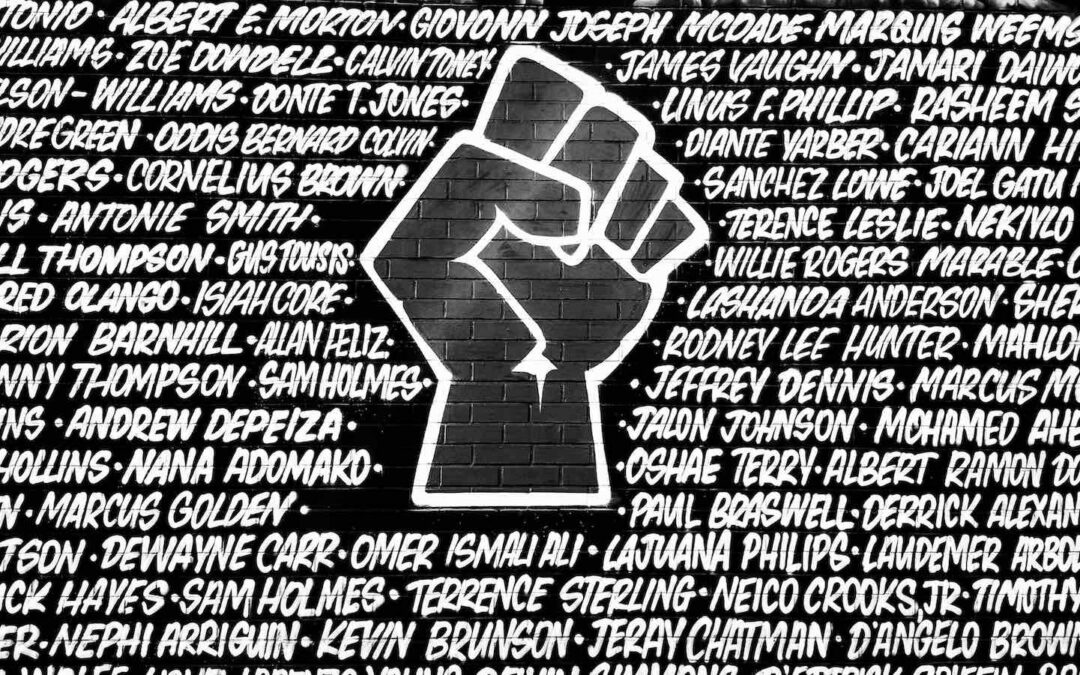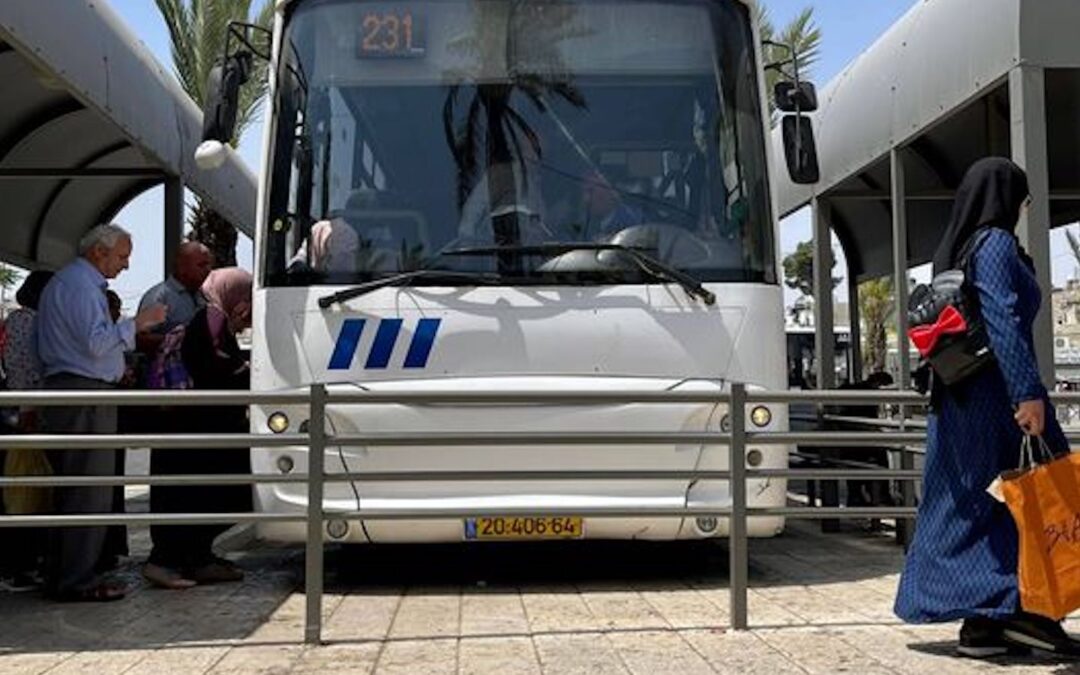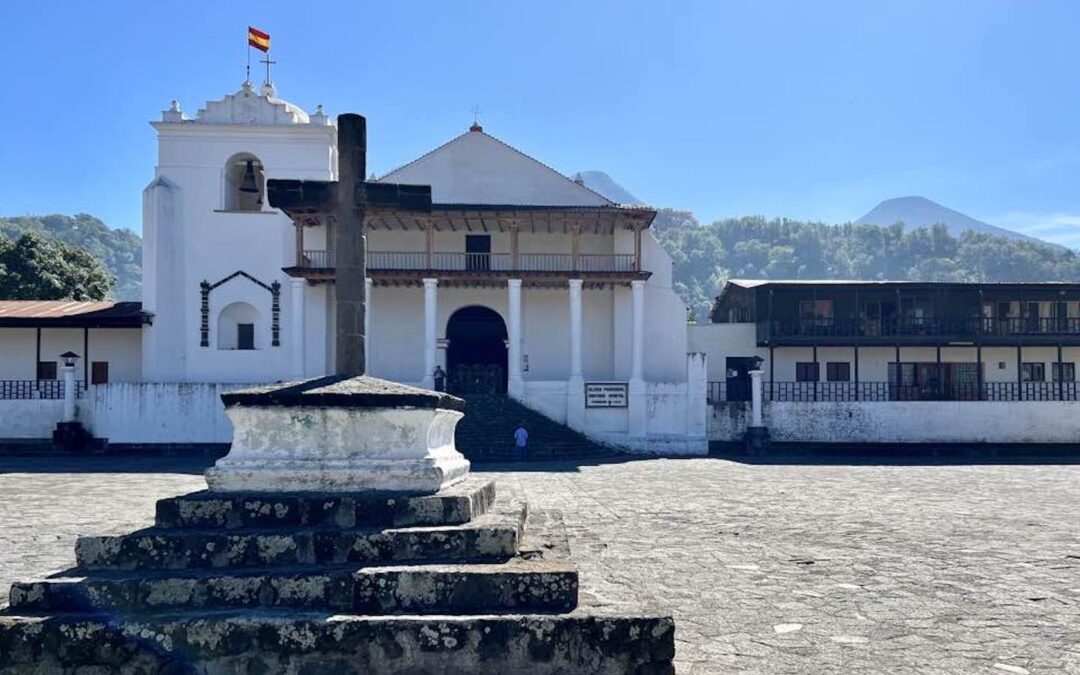Often, neat dichotomies are created among political adversaries to designate who is right and who is wrong, who stands on the side of truth and justice, and who is in league with evil satanic forces. Such positionality ignores that those living on both sides of the Florida Straits have more in common with each other than their respective governments. The governments representing both sides of my identity as a Cuban-American may differ politically; but the people under those regimes share so much. Protests in San Antonio de los Baños and Ferguson have much in common. San Isidro and Standing Rock share a common cause.
Living in the diaspora, I am aware that I belong neither here nor there, an outsider when I walk the streets of my current neighborhood or the neighborhood which witnessed my birth. The rhetoric I hear both here and there deeply concerns me. As the July 11 protests were unfolding, the Cuban government was calling for bloodshed asking for true revolutionaries to take back the streets. The exilic Cubans in the U.S., meanwhile, were calling for bloodshed, demanding the U.S. government take back the island. Neither a U.S. invasion nor a Cuban Civil War would have been the answers. Instead, maybe we should listen to those who are protesting in the streets – risking everything – and pay attention to what they – and they alone – want. Both there and here, protestors are not pawns to be manipulated by the right or the left – instead they have free agency which must be respected and supported during momentous events.
Here the cry is “Black Lives Matter” while there the cry is “Patria y vida.” Those marching on streets cry out for the same thing – vida . . . life. The fact that what is being demanded is life is very significant. These are not protests for the sake of protest. These are not cries for material goods. Both here and there the plea is for life. Here, those asking for life are dismissed as dupes of socialists and communists; there those asking for life are dismissed as being manipulated by, or on the payroll of the Miami Cuban mafia. In both cases, well-fed government elites dismiss the people as lacking the intelligence to think for themselves.
Both governments deny life out of fear of what liberty – true liberation – might imply, despite the rhetoric to the contrary. Intolerance becomes a shared policy by governments here and there. Even though both governments claim freedom, they share in the tactic of suppressing voice. Censorship is real here and there, where daring to put concerns into words is seen as a threat to those who hold power. The response? Assassination of reputations and questioning of intent or moral standing. Here, laws have been past which makes it illegal to teach Critical Race Theory, illegal because it makes white people uncomfortable. There, one must be careful in criticizing the government least they face up to thirty years in prison as over 1,000 July 11 protestors face.
Voice is not the only thing suppressed, so too is the vote. The will of the people, here and there, are precariously fragile. There the current president was handpicked by the departing president whose family has held that post for some sixty years; here, laws were passed to deny the vote to people of color and the young. An electoral system exists which has awarded the presidency twice in this century (with almost 2020 being the third time) to the one who lost the election. Like Trump who was elevated to the presidency after losing the popular vote, Díaz-Canel was elevated to the presidency without the consent of the people.
Life cannot be lived abundantly if restrictions exist suppressing opportunities, whether it the savage capitalism (to use Pope John Paul II’s words) here which reduces humans to cheap commodities to be sold and bought for the benefit of the top one percent; or arduous government restrictions there which is placed upon the small private sector that only hurts those wishing to economically get ahead
We who are citizens – whether it be Cuba or the U.S., protest when our governments do not listen. We protest when our votes become a charade because they can be ignored. We protest when the economic system is rigged to benefit the few. We protest when racism and heterosexism has been institutionalized. To protest is to face pepper spray, harassment, imprisonment. Protesting can be bloody, but “we are no longer afraid.” The few places where it has turn violent, whether it be Portland or La Guinera, we should remember the words of Martin Luther King, Jr., that “A riot is the language of the unheard.” Not that the unheard wants to riot. They know all too well that those most oppressed are the ones who end paying the high price for the audacity of seeking a more abundant life for their progeny. When the people cease to be afraid, governments, here, there, or anywhere in the world is threatened unless they listen. Rather than vilify protestors as enemies of the state, so that their abuse at the hands of the government can be justified, silencing tactics should cease as governments pivot towards dialogue with those demanding to have their voices heard. Our cry for justice is not an attempt to overthrow, but to change for the better, to force governments to live up to their rhetoric of liberation.
To hear protestors presupposes a willingness to change. The answer can never be between silence or fleeing. True love of country is demanding that justice rains down and righteousness flows like an everlasting stream. When I stand in the streets here with those demanding that “Black Lives Matter,” when I protest the Border Patrol here for the abuses which migrants face, when I walk with my sisters here against laws being imposed to control their bodies, when I stand with the Queer community here against the denial of their civil rights; I am standing in spirit with all who are there who took to the streets on July 11. We are fighting for the same thing: liberty, dignity, life. Our protests may be different, but we stand in solidarity against all authorities who sets out to deny us of our human right to life, and life abundantly. Standing in solidarity means walking with those facing repression – not leading them.
Decades studying and writing about Cuba has taught me a few things. Here is what I learned from my people on both sides of the Florida Straits: 1) Patria y Vida is a better response to the machista slogan of yesteryear – Patria o Muerte. The time has come – if not way overdue – to bring an end to macho-based political policies which calls for death. 2) The U.S. has lost (as if they ever had) the moral authority to dictate what is justice for another sovereign nation. 3) People to people dialogue (not government to government dialogue) is what unites us and creates solidarity against the abuses of governments on the left and on the right. 4) Arts (like those of San Isidro) and the humanities are the foundation upon which liberation is built. 5) Both sides of the political spectrum abuse its people and when it does, ideologies must be set aside to stand in solidarity with those being oppressed, regardless of agreement – or lack thereof – with their political views. 6) One cannot call for life and liberty while supporting an embargo which produces death and repression. 7) Failure to be able to criticize the political views or political ideas one holds dear is akin to cult worshipping – the lowest intellectual level any human can obtain. In the final analysis, those willing to risk all voicing their silencing, here and there, require our solidarity, linking arms across the ninety miles which separate us.



